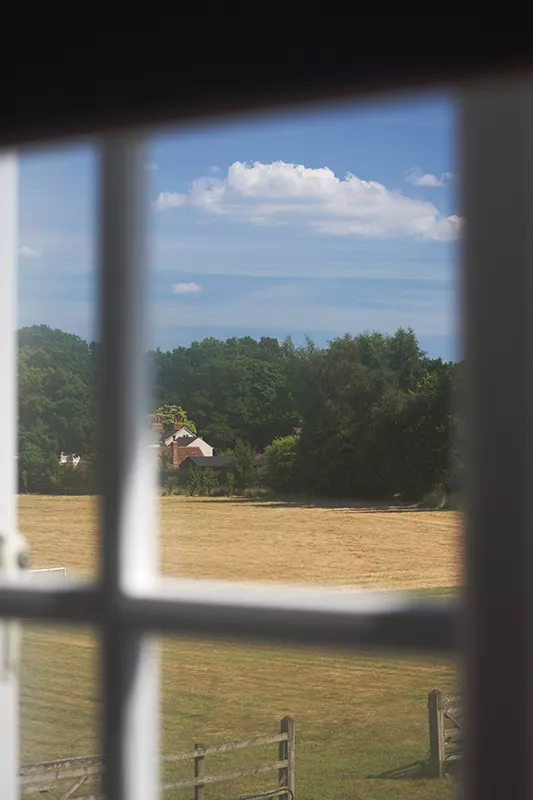Declarations of Trust
Did you know? A Declaration of Trust could be vital to protect and clarify your interests.
A Declaration of Trust is recommended when more than one person is involved in buying a property, to protect your interests and avoid conflict in the future – saving you time and money.
The document makes clear contributions and responsibilities for everyone in a legally robust way. Properties can be protected so that they cannot be sold unless they meet the terms of a Declaration. As such, a Declaration of Trust is an important part of buying a property and is a practical part of co-ownership. If you are a co-owner, or you are contributing to a purchase, for example by helping your children, then we would strongly advise you to have one. At Godwins, we can help you draw this up.
A Declaration of Trust is recommended when more than one person is involved in buying a property, to protect your interests and avoid conflict in the future – saving you time and money.
The document makes clear contributions and responsibilities for everyone in a legally robust way. Properties can be protected so that they cannot be sold unless they meet the terms of a Declaration. As such, a Declaration of Trust is an important part of buying a property and is a practical part of co-ownership. If you are a co-owner, or you are contributing to a purchase, for example by helping your children, then we would strongly advise you to have one. At Godwins, we can help you draw this up.
A Declaration of Trust can take into account not only your initial contributions, but ongoing ones, bank or building society finance, bills, upkeep and any changes in the value of the property. There can often be large differences in the amounts received by people when properties are sold, depending on how their contributions are acknowledged.
- The background to the purchase and individual contributions
- Co-owners holding as joint tenants or tenants in common
- Who is responsible for costs, such as the mortgage, repair and maintenance costs, insurance and upkeep of premises
- What happens when the property gets sold, and who gets what
- Promises between co-owners to perform their obligations
- What happens if a co-owner dies
- What happens where one co-owner wishes to sell, against the wishes of another or other co-owners
- An acknowledgment of a third party contribution and their rights to repayment in specific circumstances
People
To find out more about our team, click on the bios.






